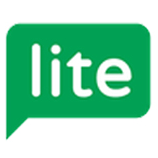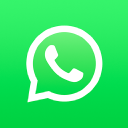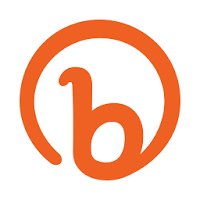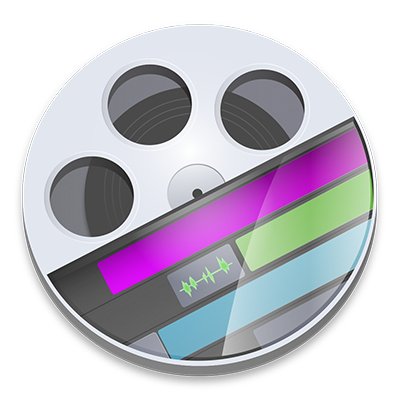How I Started A $10K/Month Business Writing Custom Long-Form Articles
Hello! Who are you and what business did you start?
Hi, I’m Peyton! My full name is Arlie Peyton, but I go by the last name. I am the creator of a freelance writing program that teaches intermediate-level writers how to command $1,000 - $3,000 per article. I just have a coaching program so far, but I’m working on an online course as we speak. I love what I do because I get to teach and talk about business all the time.
With my system, I’ve been able to generate $10K a month. As you can see, that’s only a few articles a month. I run two other businesses so I keep busy, but if I only had writing clients I’d make a lot more for sure. I’m grateful for what I have because every freelance writer knows that there are some places where you can get a 1,000-word article for $10! That’s not a good article and it’s probably scraped stuff from the internet that will never rank in Google.
The key service I provide my clients is simple. I write custom long-form articles that get premium results. For doing this, I get to charge a lot. What I do is like making a bespoke suit or dress for someone. It fits like a glove and performs like a dream. In a word,...

Download the report and join our email newsletter packed with business ideas and money-making opportunities, backed by real-life case studies.

Download the report and join our email newsletter packed with business ideas and money-making opportunities, backed by real-life case studies.

Download the report and join our email newsletter packed with business ideas and money-making opportunities, backed by real-life case studies.

Download the report and join our email newsletter packed with business ideas and money-making opportunities, backed by real-life case studies.

Download the report and join our email newsletter packed with business ideas and money-making opportunities, backed by real-life case studies.

Download the report and join our email newsletter packed with business ideas and money-making opportunities, backed by real-life case studies.

Download the report and join our email newsletter packed with business ideas and money-making opportunities, backed by real-life case studies.

Download the report and join our email newsletter packed with business ideas and money-making opportunities, backed by real-life case studies.











































